FFBL target price rased to 51.6 by Insight Research
Insight Research has just released an update on its coverage of FFBL stock. The research house has raised its Dec 24 FFBL target price to Rs. 51.6 per share.
Significant revival in earnings
Fauji Fertilizer Bin Qasim Ltd (FFBL) has shown a notable improvement in its earnings, driven by favorable pricing and increased offtakes. In the first quarter of 2024, FFBL reported its highest quarterly bottom-line, achieving PKR 4.3 billion (EPS: PKR 3.3). The company is on track for a potentially record-breaking year, with projected earnings of PKR 16.5 billion (EPS: PKR 12.9) for the full year.
📢 Announcement: You can now access our services and similar analyses by opening an account with us via JS Global

| Metric | CY23 | CY24E | CY25E |
|---|---|---|---|
| Sales (PKR million) | 193,064 | 211,275 | 203,823 |
| Gross Profit (PKR million) | 33,110 | 33,014 | 29,917 |
| Profit After Tax (PKR million) | 4,403 | 16,645 | 14,736 |
| EPS (PKR) | 3.4 | 12.9 | 11.4 |
| Dividend Per Share (PKR) | 1.0 | 6.0 | 8.0 |
| P/E Ratio | 6.3 | 2.5 | 2.9 |
Core margins and market position
FFBL has benefited from increased international DAP prices due to supply shortages. Although China resumed DAP exports in March 2024, the quantities remain insufficient to meet global demand. Concurrently, decreased prices of phosphoric acid have improved DAP to phosphoric acid margins significantly, reaching US$125/ton in May 2024, up from US$56/ton in July 2023. This positions FFBL, Pakistan’s sole DAP producer, to maintain healthy margins despite rising gas prices.
Projected earnings growth
With improved product prices and reduced phosphoric acid costs, FFBL is expected to achieve an EPS of PKR 12.9 in 2024. Assuming an international DAP to phosphoric acid margin of around US$100/ton, the EPS is projected to be PKR 11.4 for 2025.
Dividend prospects
After a prolonged pause, FFBL announced a dividend in the fourth quarter of 2023. With improved cash flows and a reduction in the debt-to-assets ratio to 13%, down from 44%, the company is expected to continue paying dividends.
Risks to the investment case
📢 Announcement: We're on WhatsApp – Join Us There!
Key risks include potential slowdown in DAP consumption due to higher prices, exchange rate volatility, increase in gas costs affecting DAP margins, rise in phosphoric acid prices, and changes in the regulatory environment.
The information in this article is based on research by Insight Research. All efforts have been made to ensure the data represented in this article is as per the research report. This report should not be considered investment advice. Readers are encouraged to consult a qualified financial advisor before making any investment decisions.
⚠️ This post reflects the author’s personal opinion and is for informational purposes only. It does not constitute financial advice. Investing involves risk and should be done independently. Read full disclaimer →

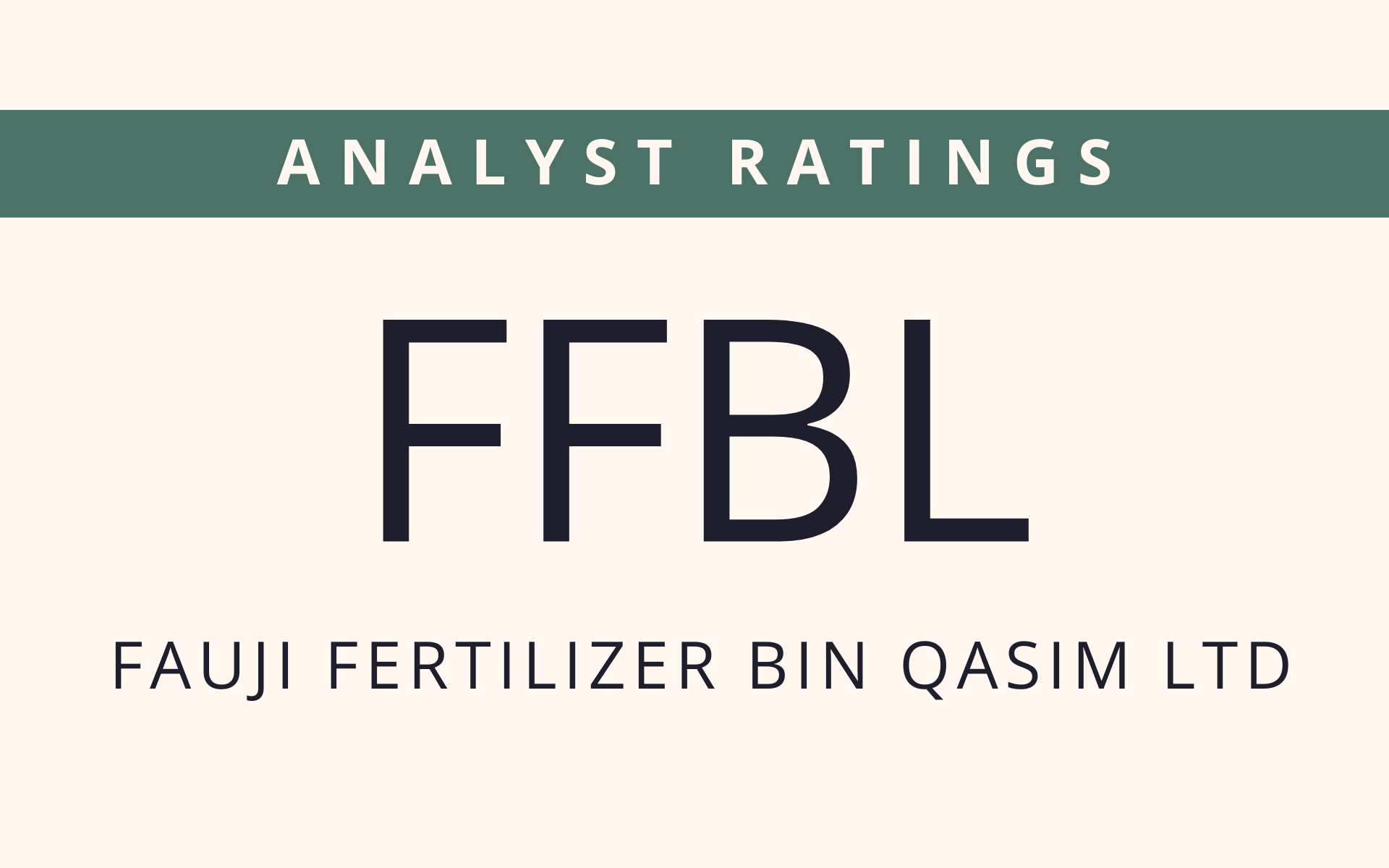

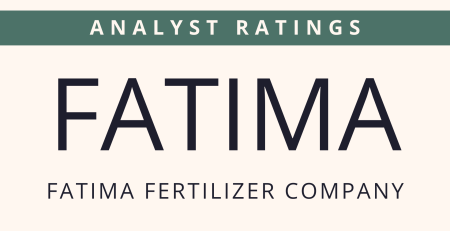
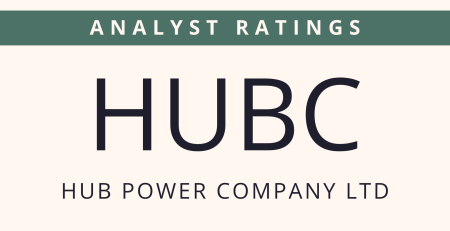
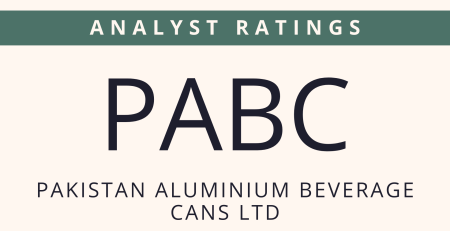
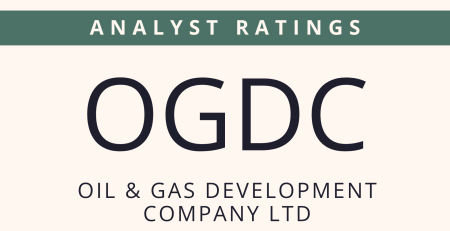
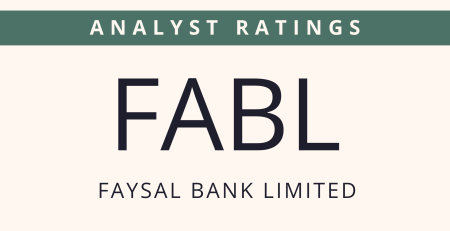
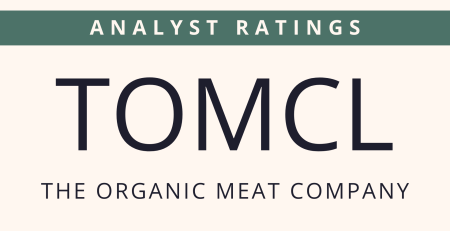

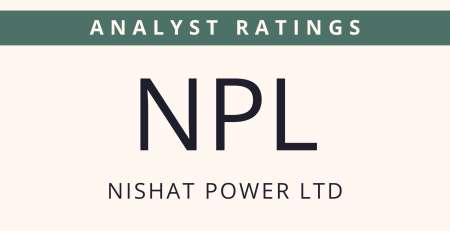
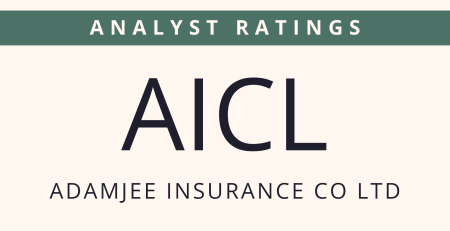
Leave a Reply